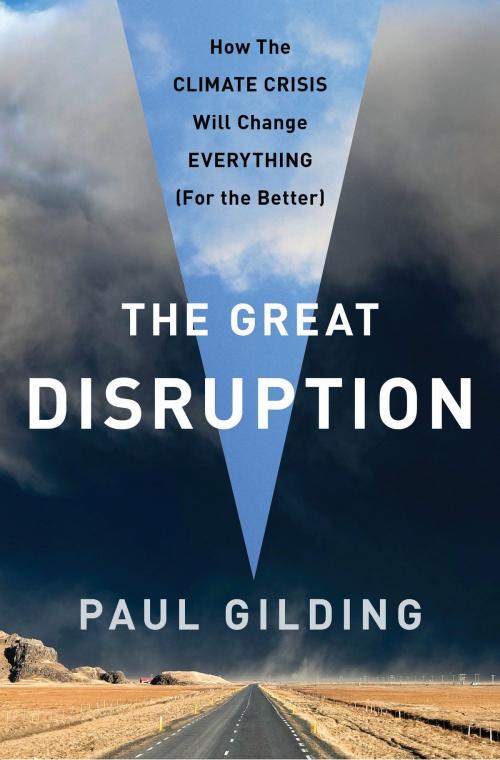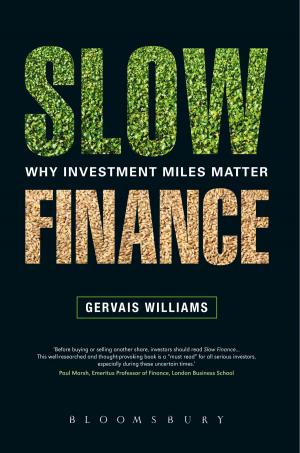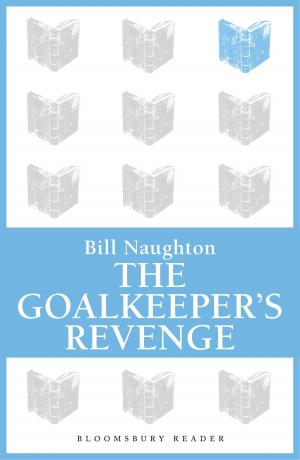The Great Disruption
Why the Climate Crisis Will Bring On the End of Shopping and the Birth of a New World
Nonfiction, Social & Cultural Studies, Political Science, Government, Public Policy, Science & Nature, Nature, Environment, Environmental Conservation & Protection| Author: | Paul Gilding | ISBN: | 9781608193677 |
| Publisher: | Bloomsbury Publishing | Publication: | March 29, 2011 |
| Imprint: | Bloomsbury Press | Language: | English |
| Author: | Paul Gilding |
| ISBN: | 9781608193677 |
| Publisher: | Bloomsbury Publishing |
| Publication: | March 29, 2011 |
| Imprint: | Bloomsbury Press |
| Language: | English |
It's time to stop just worrying about climate change, says Paul
Gilding. We need instead to brace for impact because global crisis is no
longer avoidable. This Great Disruption started in 2008, with spiking
food and oil prices and dramatic ecological changes, such as the melting
ice caps. It is not simply about fossil fuels and carbon footprints. We
have come to the end of Economic Growth, Version 1.0, a world economy
based on consumption and waste, where we lived beyond the means of our
planet's ecosystems and resources.
The Great Disruption
offers a stark and unflinching look at the challenge humanity faces-yet
also a deeply optimistic message. The coming decades will see loss,
suffering, and conflict as our planetary overdraft is paid; however,
they will also bring out the best humanity can offer: compassion,
innovation, resilience, and adaptability. Gilding tells us how to
fight-and win-what he calls The One Degree War to prevent catastrophic
warming of the earth, and how to start today.
The crisis
represents a rare chance to replace our addiction to growth with an
ethic of sustainability, and it's already happening. It's also an
unmatched business opportunity: Old industries will collapse while new
companies will literally reshape our economy. In the aftermath of the
Great Disruption, we will measure "growth" in a new way. It will mean
not quantity of stuff but quality and happiness of life. Yes, there is
life after shopping.
It's time to stop just worrying about climate change, says Paul
Gilding. We need instead to brace for impact because global crisis is no
longer avoidable. This Great Disruption started in 2008, with spiking
food and oil prices and dramatic ecological changes, such as the melting
ice caps. It is not simply about fossil fuels and carbon footprints. We
have come to the end of Economic Growth, Version 1.0, a world economy
based on consumption and waste, where we lived beyond the means of our
planet's ecosystems and resources.
The Great Disruption
offers a stark and unflinching look at the challenge humanity faces-yet
also a deeply optimistic message. The coming decades will see loss,
suffering, and conflict as our planetary overdraft is paid; however,
they will also bring out the best humanity can offer: compassion,
innovation, resilience, and adaptability. Gilding tells us how to
fight-and win-what he calls The One Degree War to prevent catastrophic
warming of the earth, and how to start today.
The crisis
represents a rare chance to replace our addiction to growth with an
ethic of sustainability, and it's already happening. It's also an
unmatched business opportunity: Old industries will collapse while new
companies will literally reshape our economy. In the aftermath of the
Great Disruption, we will measure "growth" in a new way. It will mean
not quantity of stuff but quality and happiness of life. Yes, there is
life after shopping.















